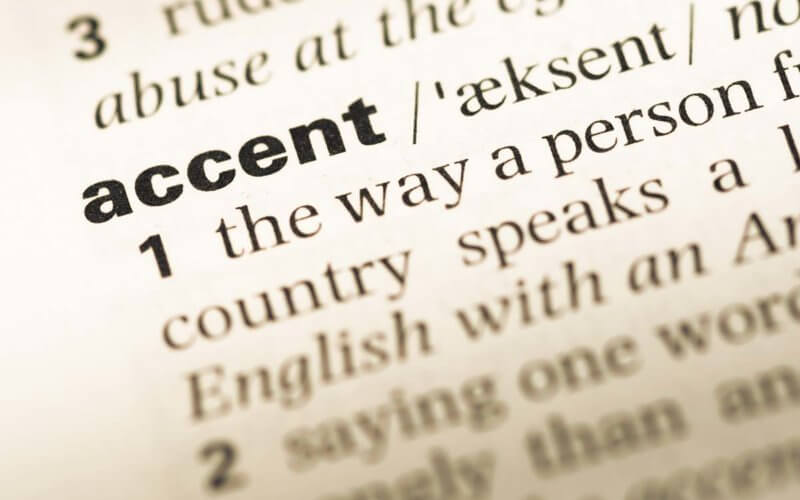

Whether they want to admit it or not — everyone has an accent, and most people have accent bias, says Rahul Chakraborty.
The acting chair and associate professor of communication sciences and disorders at Cal State Fullerton said humans have a strong tendency to believe their own accent is superior to others’ and make assumptions about those with accents different from their own.
Accent bias can have numerous consequences, including reduced job prospects, loss of opportunities and prejudiced impressions related to education, trustworthiness, body shape and demeanor.
Chakraborty argues that cultural sensitivity training toward nonnative accents is needed to address this deep-seated human bias.
What sparked your interest in studying accent bias?
My primary area of research interest is in cross-linguistic interaction and how interaction between a first and second language is evident in bilingual speakers; accent and accent bias are a natural extension of such research. Additionally, my personal experience with my own accent as a nonnative speaker of English has given me a wealth of research avenues.
Why is it important to study accent bias from a communication disorders perspective?
The field of communication sciences and disorders aims to help people with communication disorders and linguistic variations. As a service provider, we can’t afford to be biased — the discipline will collapse ethically and professionally. My recent study, “Listeners’ Variable Reactions to the Expression ‘Accent’,” published in the Journal of the National Black Association for Speech Language and Hearing, found that despite relentless focus on multicultural awareness, even speech-language pathologists associate accents with various unrelated mental and physical aspects of a person.
Can you explain how accent bias, intelligibility and comprehensibility are separate, yet connected?
It is convenient to suggest that if someone can modify their nonnative accent, they will be more intelligible and comprehensible, but this is just a way to impose accent bias. Accent refers to sound patterns and their meanings, as well as variation in spoken pitch. Speech intelligibility is how well someone can be understood when they are speaking, while comprehensibility refers to the listener’s ability to interpret the meaning of a speaker’s message, regardless of pronunciation.
For example, many speakers of English have a very distinct nonnative accent, yet native speakers can understand them easily — these speakers have high speech intelligibility scores. The terms accent, comprehensibility and intelligibility are all different aspects of speech.
Why do speech-language pathologists work in the area of accent modification when accents are not a communication disorder?
Yes, nonnative accent or accent variation is not considered a form of communication disorder, per the American Speech and Hearing Association. Rather, it is a linguistic difference. SLPs undergo comprehensive training in normal and disordered aspects of speech and language to help both the normal and disordered population.
What is CSUF’s communication sciences and disorders program doing to prevent or reduce accent bias?
At CSUF communication sciences and disorders, we understand that a single set of rules or one particular academic course cannot minimize accent bias. Hence, we have infused diversity and multicultural issues in almost all our courses. Even if a course is heavily biology-based or focused on acoustic science, the instructors find ways to infuse multicultural issues with accent bias as an integral component. Multicultural issues operate as a stand-alone course in which accent bias is addressed. Additionally, we have courses and clinical programs that specialize in handling clients from different backgrounds. Extensive exposure to different accent types and open conversation about cultural variation is central to our program. As a department, we are extremely vocal in protesting against any form of bias.
Read Chakraborty’s research on accent bias at CSUF’s Department of Communication Sciences and Disorders.